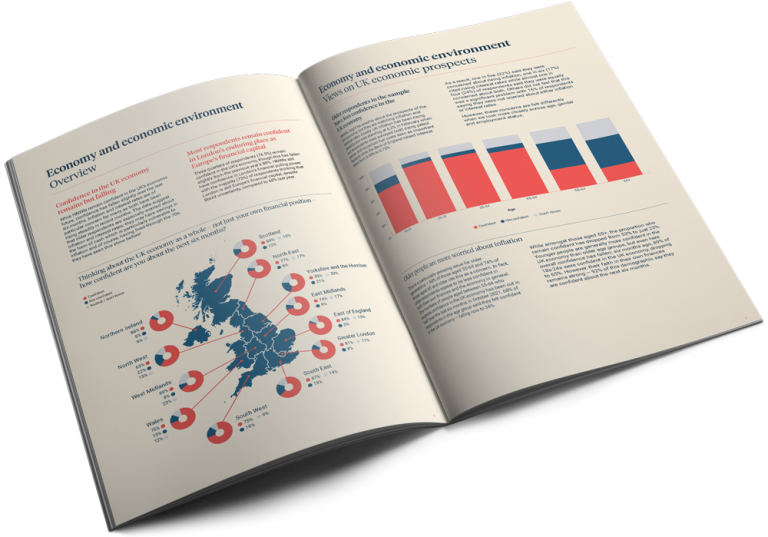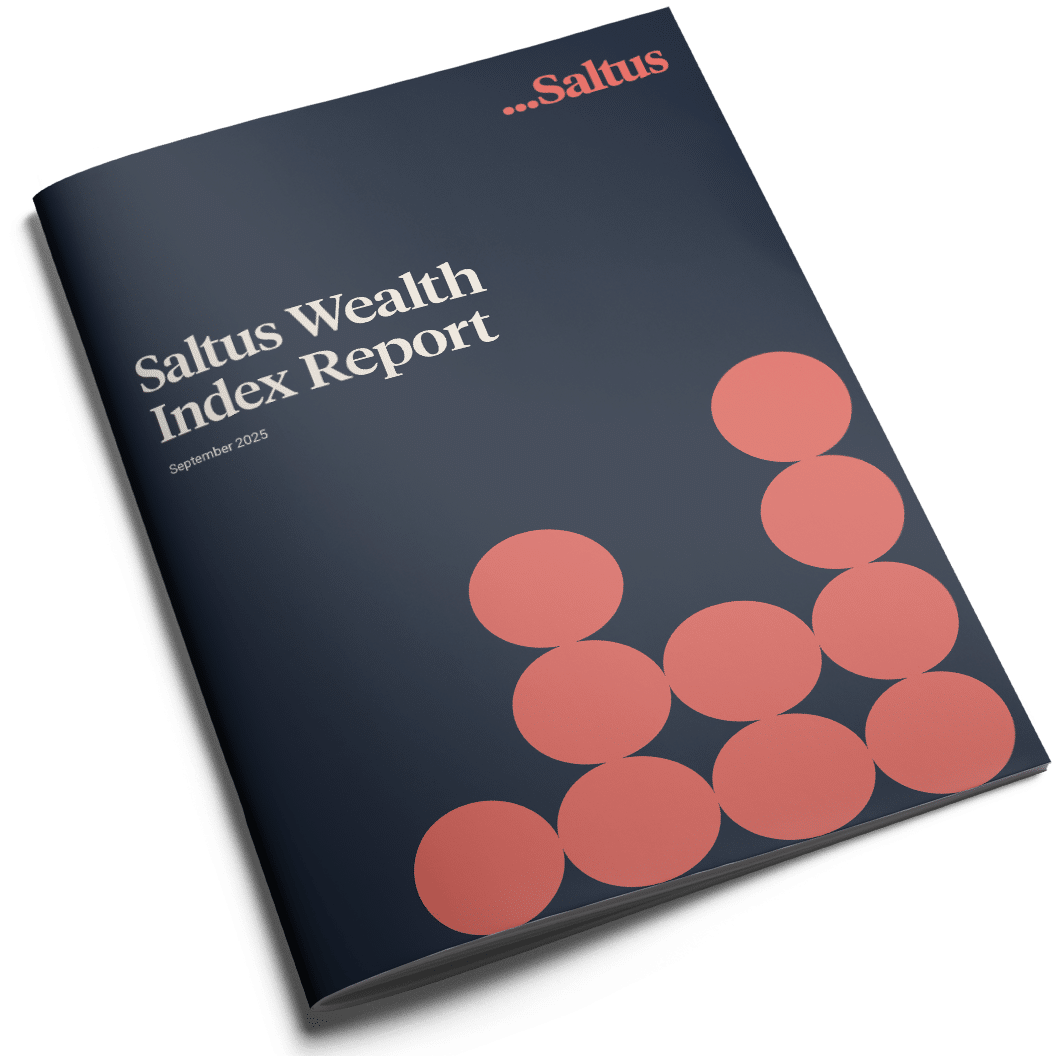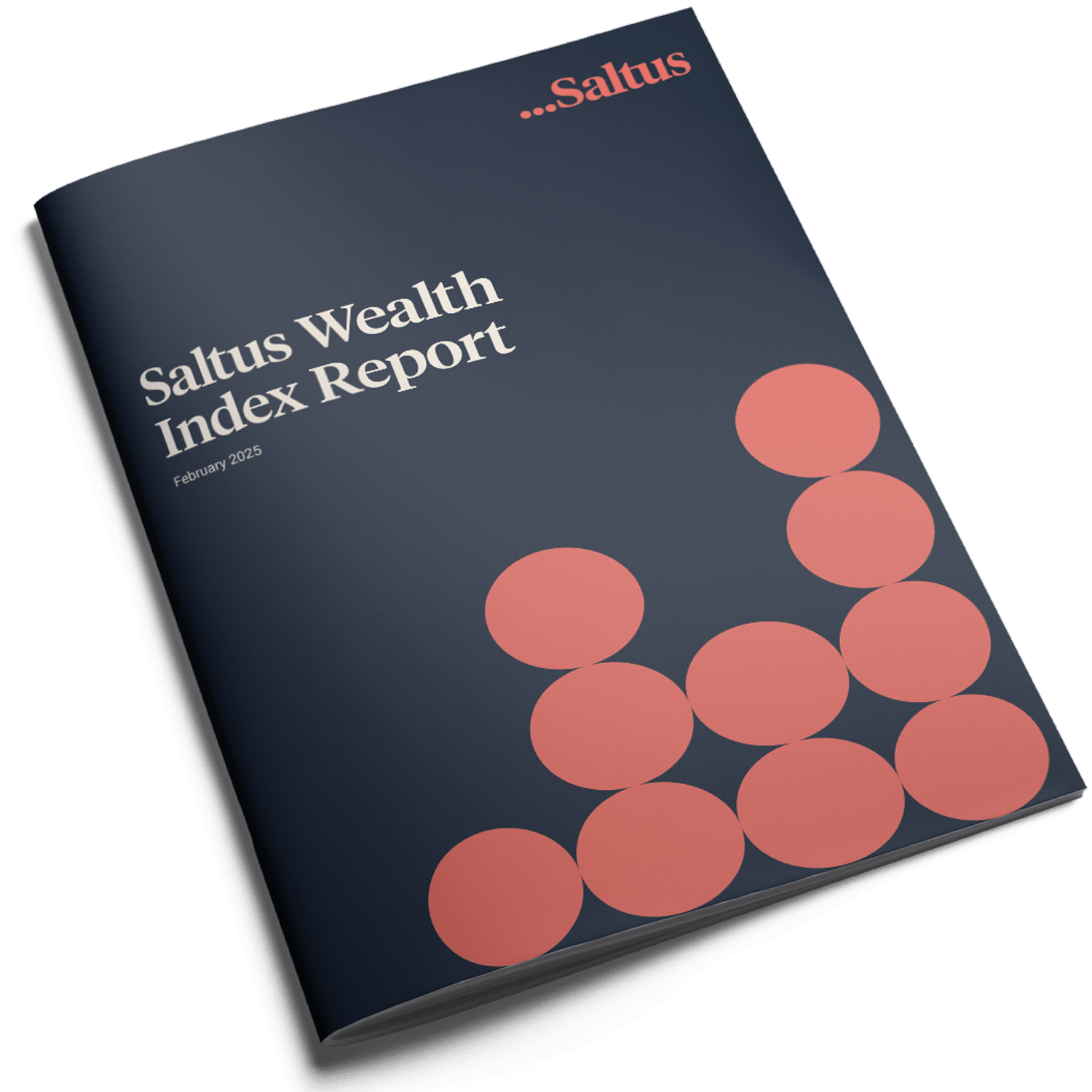The UK is facing a combination of challenges unprecedented since the end of the Second World War. How do we adapt as COVID-19 becomes endemic? How do we address the regional and social inequalities which have accelerated over the last few decades? How do we take the country into a post-carbon future?
And while the issues are discussed at length by politicians, environmentalists and social reformists, surprisingly little has been done to solicit the views of the people who are likely to be funding these critical transitions, through the tax they pay, the wealth they can create, or both.
In response, Saltus has surveyed 1,000 High Net Worth Individuals, mostly self-made and all heavily invested in the success of the UK, with a median net worth of £1.5m. We asked them about their views concerning both the economic prospects of the UK as well as their own lives, financial and personal. Their responses have been fascinating.
They are confident in the future of the UK economy and London’s place as Europe’s financial capital, but are nervous about their own position, fuelled by the ongoing uncertainties surrounding COVID-19, rising inflation and the impact of Brexit. Climate change is also highlighted as a significant concern, and while most invest in ESG, they remain sceptical about whether green investments actually make any tangible difference to the environment or society as a whole. And while many have a good idea of the level of income they want in retirement, most are drastically underestimating how much they’ll need to accumulate to make their hopes a reality.
While this report has identified some strong trends, it also reveals how, even within a group with much in common, factors such as age, life stage and location can have a notable impact on how wealthy individuals feel about both their own finances and the wider economy.
Our intention is to repeat this research twice a year for the foreseeable future, so subsequent generations will see how the perspective of this vital constituency evolves.
I hope you enjoy the report.









